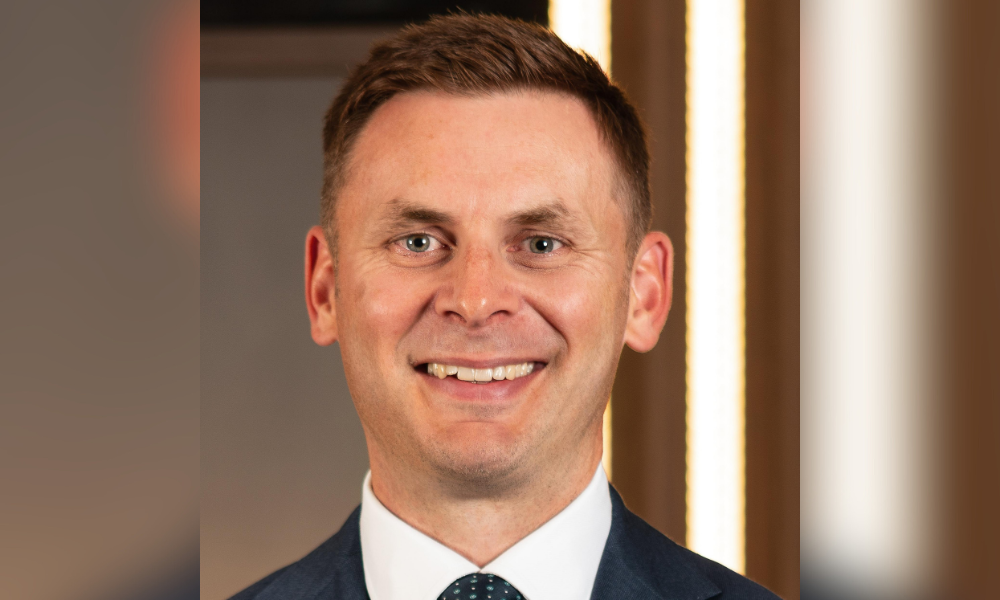
Despite losing out on overseas postings, JWS partner Michael Hogan loves being on the pulse of the energy transition

After completing his legal studies, Michael Hogan ended up becoming a junior diplomat in Solomon Islands for a year. However, it didn’t take him too long to leave the Department of Foreign Affairs and Trade to practise what he was trained to do.
Hogan went on to a stint at Allens before settling in at Johnson Winter Slattery in March as a new addition to the Brisbane partnership. The projects and construction expert has worked on the procurement and delivery of major construction and infrastructure projects, and is currently keeping tabs on the latest in energy transition.
In this March interview, Hogan shares his advice to young lawyers when it comes to career moves, discusses “future-proofing” the profession, and advocating for sensible bedtimes for his kids.
After a brief career with the Department of Foreign Affairs and Trade, which culminated in a 12-month posting in Solomon Islands as a junior diplomat, I returned to my training in the law. As a projects lawyer working on public infrastructure projects, and increasingly on the energy transition, I enjoy being at the intersection of the law, policy and politics. The projects I’m involved in often bring a tangible benefit to our society and economy. I only occasionally feel jealous about my former colleagues enjoying postings in Rome, Buenos Aires, Tokyo etc!
I am one of the many lawyers to have made a professional move over the last 12 months. My advice to junior lawyers is to make these moves slowly and based on careful thinking about what is important to you. In my case, I had an opportunity to move to a firm with fantastic clients and people and, importantly, one that shares my perspective on the opportunities in my practice area and home market (Queensland).
We collectively need to do an enormous amount of work to future-proof our profession by ensuring we are more diverse and inclusive. I am pleased to say that my former and current firms are clearly committed to making progress. That effort needs to be sustained and replicated across all parts of our profession.
In my practice area, and I’m sure many others, our clients are both incredibly sophisticated and very time poor. Clients do not (rightly) tolerate complacency about how we deliver our services and the cost of our services. When I was an in-house lawyer, I deeply valued external lawyers that were communicative, curious and made my job easier. For medium and large law firms, I think that means collaborating seamlessly across practice groups and locations for the benefit of clients, seeking to understand clients’ internal challenges, and remaining focused on their objectives. These are pre-conditions to the privilege of being engaged to work on our clients’ most pressing opportunities and challenges.
I’m most looking forward to continued momentum in the Australian construction and infrastructure market. Despite economic uncertainty, I am confident that governments will continue to invest in public infrastructure and businesses will remain focused on project development opportunities (particularly associated with the energy transition). As projects lawyers, we have a key role to play in assisting our clients to navigate a rapidly changing market, for example in relation to new approaches to “traditional” risk allocation as between owners and contractors.
As a transactional lawyer, my advocacy work these days is limited to negotiating sensible bed times with my nine- and six-year old children. However, I’d love to try a case with Assistant District Attorney Jack McCoy. I clearly watched too much old-school Law & Order as a law student!